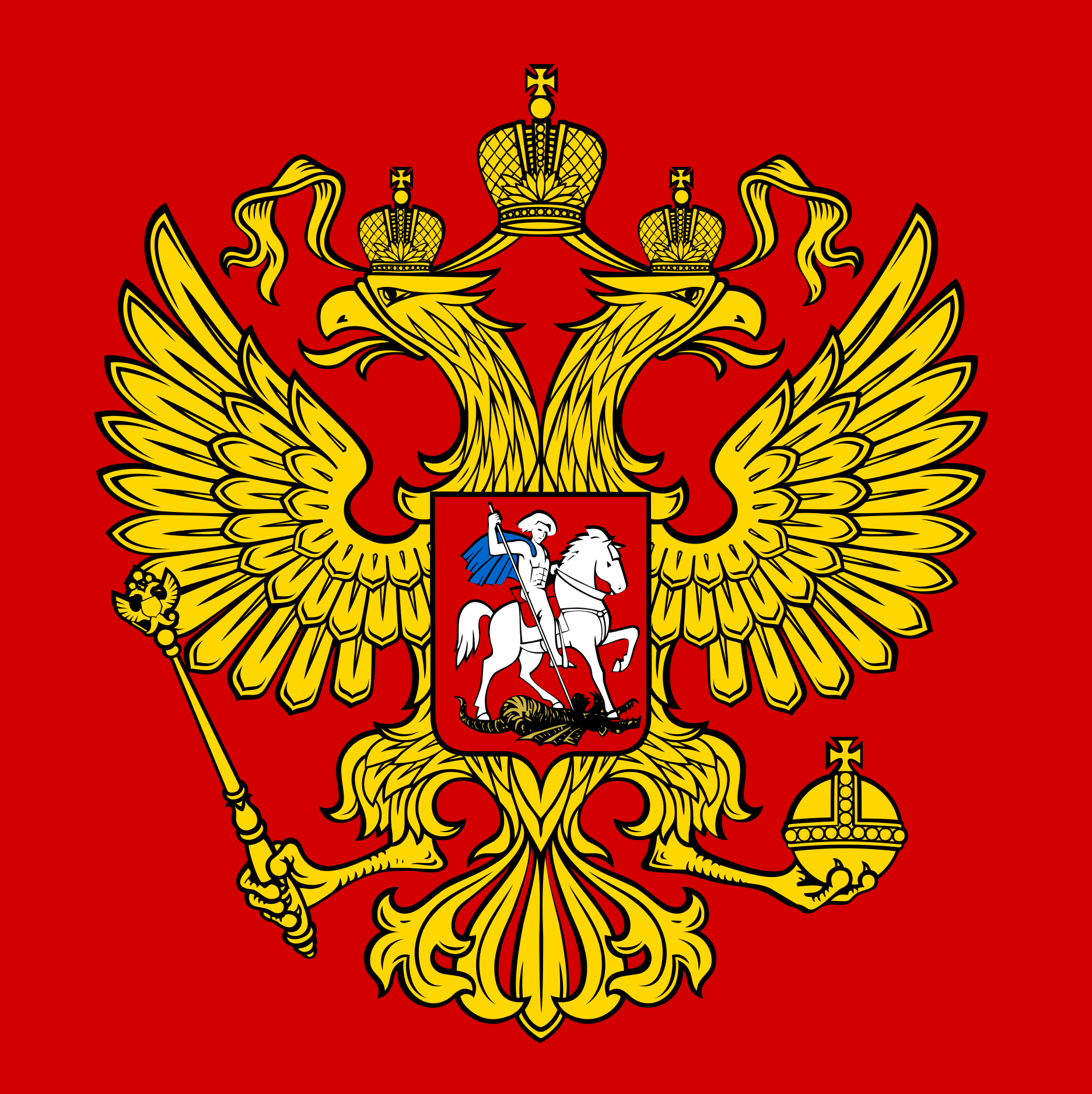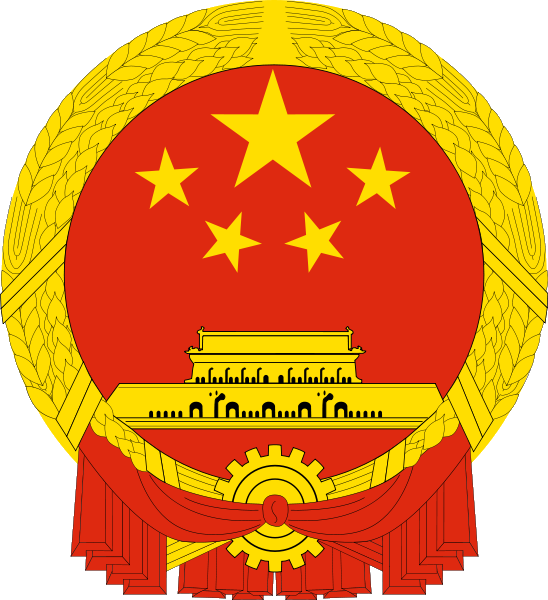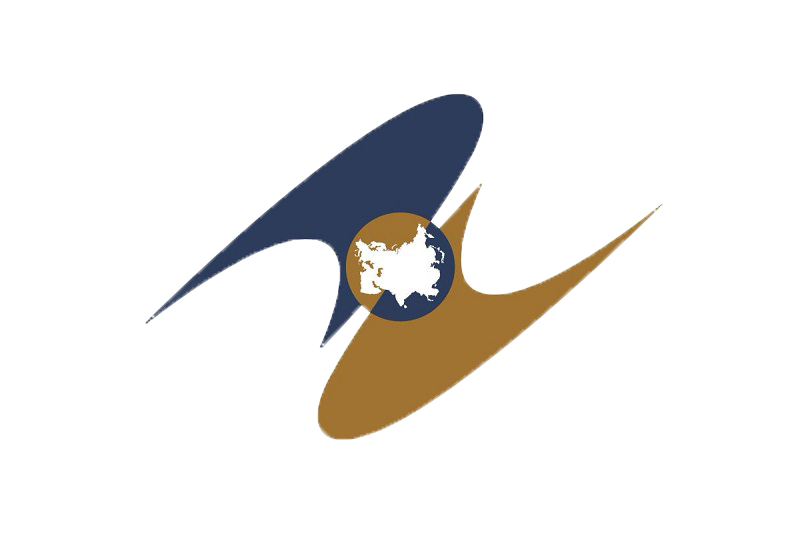
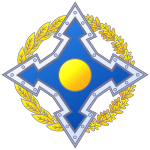 Eurasian Economic Union
Eurasian Economic Union 
Region 1 - Northern Division
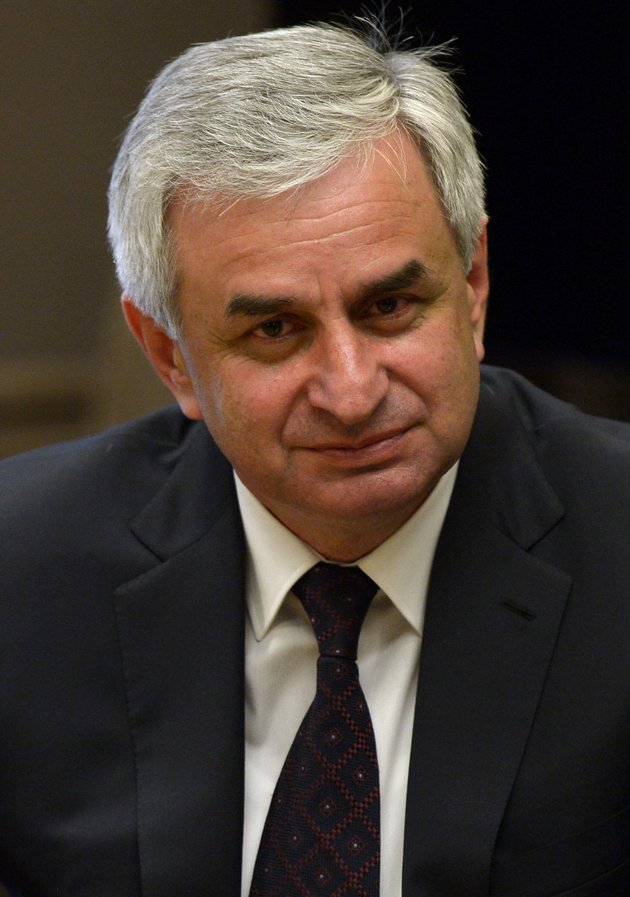
 Abkhazia
Abkhazia 
|
|
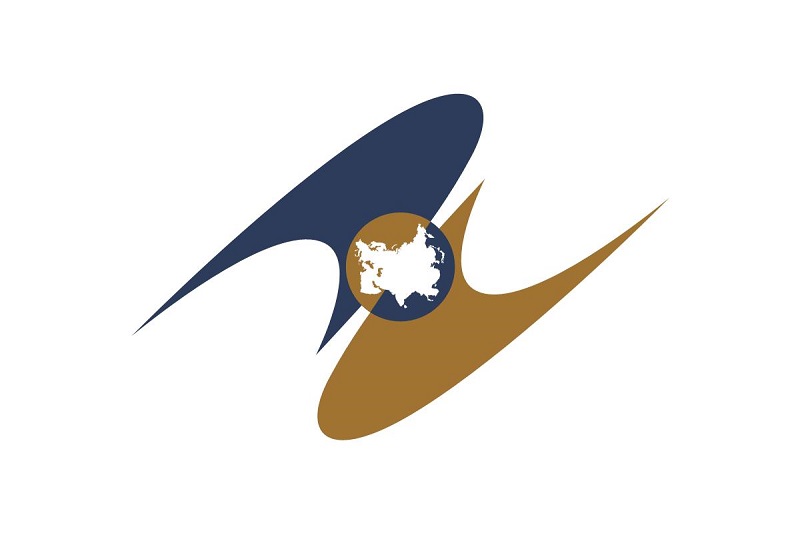 |
|
Fast Facts:
Population (est.): |
242,862 |
Main Political Party: |
Pro-President Alliance |
GDP (PPP): |
$500 million |
Anthem: Aiaaira
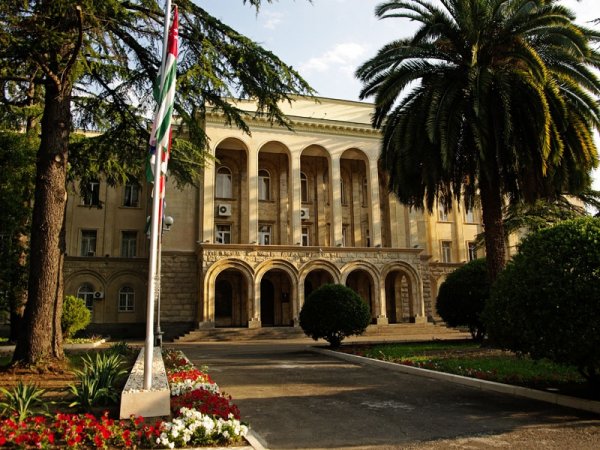 |
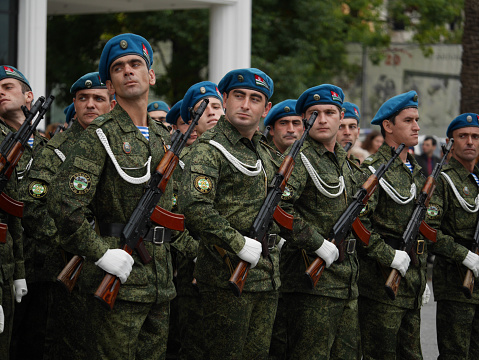 |
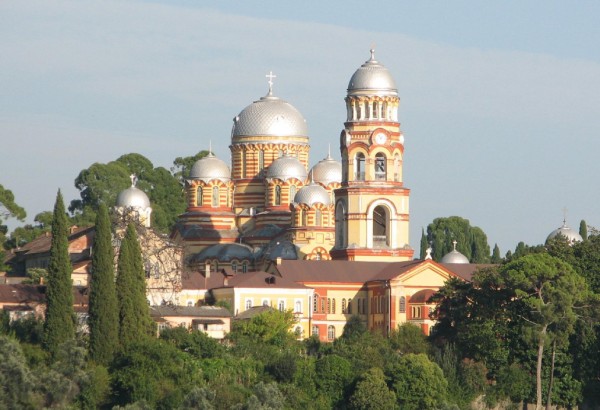 |
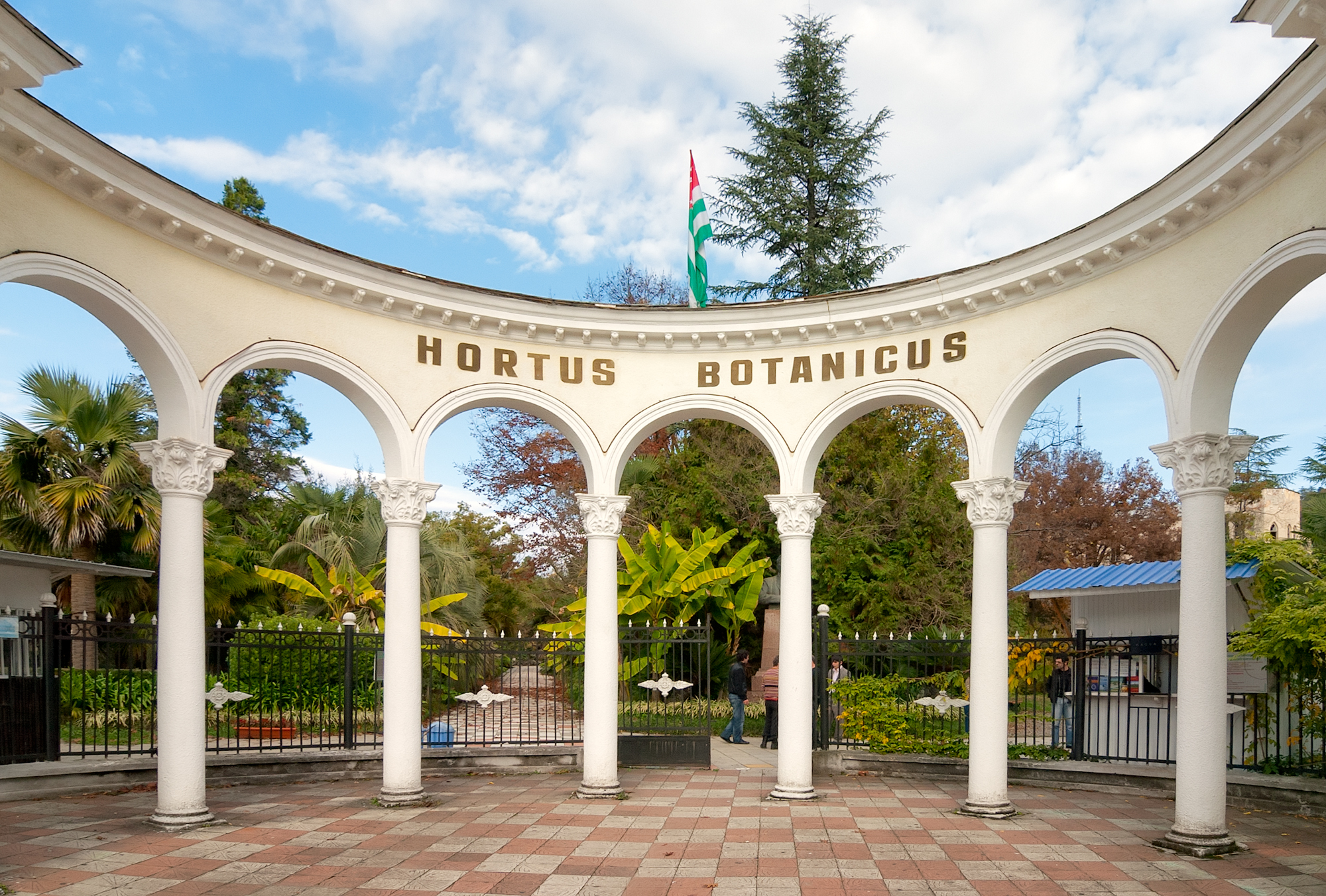 |
Background
Abkhazia is a post-Soviet frozen conflict zone with deep economic ties to Russia. In November 2014, Vladimir Putin and Raul Khadjimba signed a treaty to enact the Abkhazian military as part of the Russian armed forces. This prevents any new major conflict with Georgia. Additionally, Russia started working on the creation of a naval base in Ochamchire. Geographically, Abkhazia is vital for its western coast along the Black Sea with Russia and Georgia.
Russia has issued passports to the citizens of Abkhazia since 2000. Hence, Abkhazians are Russian citizens living abroad. Abkhazian leaders have alternated their objectives in recent years. Abkhazia has insisted on full independence. However, request for associate membership in the Russian Federation have been considered. Nevertheless, the Russian government has been slow to respond due to the negative effect it may cause on its relations with Georgia.
Currently, politics in Abkhazia is dominated by its conflict with Georgia. Abkhazia’s independence has only been recognized by a few other countries. Nonetheless, the People’s Assembly govern with territorial integrity according to the principles of international law. The People's Assembly comprises of 35 members, elected for five-year terms in single-seat constituencies. The next parliamentary election will be held in 2017.
On 30 July 2015, the People’s Assembly failed to support a constitutional amendment increasing its members of parliament (MP) to 45 and announcing a mixed electoral system. Abkhazia is a one party dominant state. Opposition parties are allowed, but are widely considered to have no real chance of gaining power. The People's Assembly of Abkhazia currently comprises of the following eight committees:
- Legal Policy, State Building and Human Rights
- Budget, Credit Institutions, Tax and Finance
- Economic Policy, Reform and Innovation
- Defence and National Security
- Social Policy, Labour and Health
- Education, Science, Culture, Religion, Youth and Sport
- International and Inter-Parliamentary Relations and Relations with Compatriots
- Agrarian Policy, Natural Resources and Ecology
Macro-economic Data
The economy of Abkhazia is heavily integrated into the economy of Russia. Abkhazia uses the Russian ruble as its currency. In 2008, the Bank of Abkhazia introduced apsar coins as legal tender. The coins are only issued in denominations of 10, 25 and 50 apsars. The 10 apsar coins are made of silver; while the 25 and 50 apsar coins are made of gold. Currently, there are 2,000 silver coins and 1,000 gold coins minted. Abkhazia has established a modest economic upswing since the 2008 Financial Crisis and South Ossetian war.
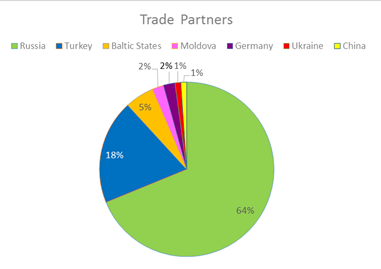 In July 2012, the State Customs Committee began publishing trade statistics. It reported that in the first half of 2012, imports had stayed virtually the same (decreasing by 0.2%). Meanwhile, exports had risen by 25.8%. Abkhazia's main trading partners are Russia, Turkey, the Baltic States, Moldova, Germany, Ukraine, and China.
In July 2012, the State Customs Committee began publishing trade statistics. It reported that in the first half of 2012, imports had stayed virtually the same (decreasing by 0.2%). Meanwhile, exports had risen by 25.8%. Abkhazia's main trading partners are Russia, Turkey, the Baltic States, Moldova, Germany, Ukraine, and China.
Abkhazia is a hotbed for Russian investments. Many Russian entrepreneurs have invested and plan to invest in Abkhazia. The former Mayer of Moscow, Yury Luzhkov signed an agreement on economic cooperation between Moscow and Abkhazia. Georgia warned of supporting economic sanctions over the level of resources available between Abkhazia and Russia to complete the 2014 Sochi Winter Olympics construction projects.
Tourism is a key industry in Abkhazia. Visa-free travel to Abkhazia provides easier access to major trading partners for investors. Almost a million tourists from Russia visited Abkhazia in 2007. Currently, holders of European Union passports require an Entry Permit Letter issued by the Ministry of Foreign Affairs in Sukhumi. Subsequently, a visa will be issued upon presentation of the Letter to the Ministry.
Abkhazia's fertile land offers an abundance of agricultural products. Tea, tobacco, wine, tangerines and other fruits have secured a relative stronghold in the global market. Electricity is largely supplied by the Inguri hydroelectric power station. It is jointly managed by Abkhazia and Georgia because of its location on the Inguri River between Abkhazia and Georgia. Abkhazia is also a major benefactor of the hydrometeorology research and development between Russia and Iran.
Socio-economic Strata
Important Information: The International War on Terror is creating a major political firestorm at the United Nations from the socio-economic trends involving religion and education.
Approximately, 60% of Abkhazians identify themselves as Christians. Most of the churches in Abkhazia date from the first millennium. The two most active churches in Abkhazia are the Abkhazian Orthodox Church and the Armenian Apostolic Church. There are approximately over 140 churches in Abkhazia.
Meanwhile, nearly 16% of Abkhazians identify themselves as Muslim. Abkhazia has two mosques. One mosque is in Gudauta and the other is in Sukhumi. Islam spread in Abkhazia between the 16th and 18th century during the times of Ottoman domination in the region. Abkhazia became split along religious lines throughout the 19th century Russo-Turkish wars. Today, Christians generally are pro-Russian, while Muslims retain their Ottoman roots.
Founded in 1979, the Abkhazian State University is the only university in Abkhazia. The university comprises of the Departments of Physics and Mathematics, Department of Biology and Geography, Department of History, Department of Philology, Department of Economics, the Department of Law, and Pedagogical and Agro-engineering Departments. The University has remained vital to the city as a result of triggering the clashes between Abkhazia and Georgia.
